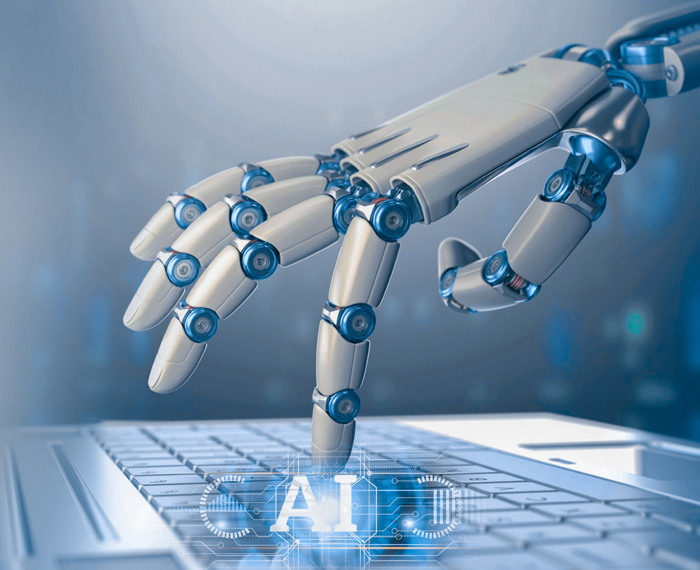
Enhance software quality and accelerate releases with AI and Machine Learning in software QA testing. AI-driven tools analyze test data, predict defects, and autonomously update test cases, reducing manual effort. Machine learning enables self-healing automation scripts, minimizing test failures due to UI or code changes. AI-powered testing improves accuracy, detects anomalies, and optimizes test coverage for complex applications. AI revolutionizes software testing by making it smarter, faster, and more efficient.
Companies adopting AI in testing set new industry benchmarks, leveraging AI-driven tools for both manual and automated testing. The integration of AI enhances communication, operational efficiency, and reliability in software testing. Key benefits include automatic test case generation, intelligent test execution prioritization, faster defect resolution, and continuous test suite optimization. AI improves efficiency but requires well-trained models for reliable performance. Unlike traditional QA, AI model evaluation needs advanced techniques to ensure robust and adaptable software testing.
AI/ML testing is not just a technological advancement but a necessity in today’s software development landscape. By leveraging AI-driven automation, organizations can improve efficiency, ensure reliability, and maintain high software quality standards. As AI/ML technologies continue to evolve, their impact on software testing will become even more profound, driving the industry toward smarter, faster, and more effective quality assurance practices.